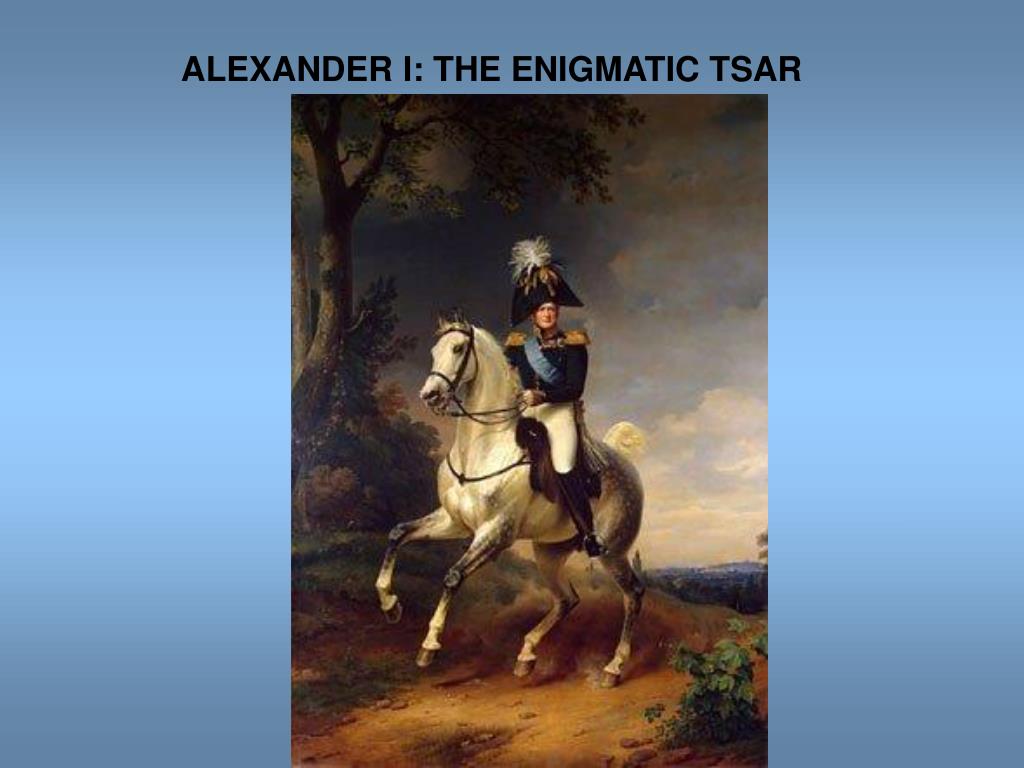Catherine’s son Paul succeeded her in 1796 at age forty- two. He appeared to be motivated chiefly by a wish to undo his mother’s work. He exiled some of her favorites and released many of her prisoners. Paul’s behavior, however, was unpredictable. On the one hand, he imposed a strict curfew on St. Petersburg and forbade the importation of sheet music. On the other hand, in a decree in 1797 he prohibited the requirement of labor on Sunday.
What was probably fatal to Paul was his policy of toughness toward the nobility. He restored compulsory service from the nobles and curtailed their powers in the provinces. Nobles were forced to meet the hills for public buildings and to pay new taxes on their lands; they were also subjected to corporal punishment for crimes. Paul wanted to develop in the army’s officers a sense of responsibility for their men. The guards regiments detested his programs, and a conspiracy of guardsmen resulted in the murder of Paul and the succession of Alexander in 1801.
Educated by a liberal Swiss tutor, Alexander I (r. 1801-1825) had absorbed much of the new eighteenth- century teachings. Yet the application of liberal principles in Russia would directly challenge the most powerful forces in society and would also require the czar to relinquish some of his own power. Alexander compromised and in the end accomplished very little.
He did sponsor a law creating a new category of free farmers—serfs who had been freed by their masters—and prescribing that if a proprietor freed an entire village of serfs, he must also confer their lands upon them. This mild initiative depended on the voluntary cooperation of the proprietors, however, and it resulted in the freeing of fewer than forty thousand of the many millions of serfs.
Alexander had as his chief mentor Michael Speransky (1772-1839), son of a Russian priest, intelligent, well educated, and conscientious. Speransky drafted a constitution that would have made Russia a limited monarchy. A series of locally elected assemblies would culminate in a national assembly, the Duma, which would have to approve any law proposed by the czar and would act as a Russian parliament.
Because it would have enormously favored the nobility and excluded the serfs, Alexander balked at implementing the project he had commissioned. A council of state was created to advise the czar, but since he appointed and dismissed its members and was not obliged to take its advice, the effect was simply to increase imperial efficiency, not to limit imperial authority. Further efficiency was achieved through the reorganization of the ministries, whose duties were set out clearly for the first time, eliminating overlapping.
During the last decade of Alexander’s reign, 18151825, the most important figure at court was Count Alexsey Arakcheev (1769-1834), an efficient and brutal officer who reformed the army and organized a hated system of “military colonies,” drafting the population of whole districts to serve in the regiments quartered there. When not drilling or fighting, these soldiers were to work their farms, and their entire lives often were subject to the whims of their officers. By the end of Alexander’s reign, almost 400,000 soldiers were living in these harsh military camps.
Though Alexander gave Russia no important reforms, he did act as the “liberal czar” in his dominions outside Russia proper. Made king of a partially restored Poland in 1815, he gave the Poles an advanced constitution, with their own army and officials and the free use of their own language. After the annexation of Finland from Sweden in 1809, he allowed the Finns to preserve their own law codes and the system of local government introduced during the long period of Swedish rule.

